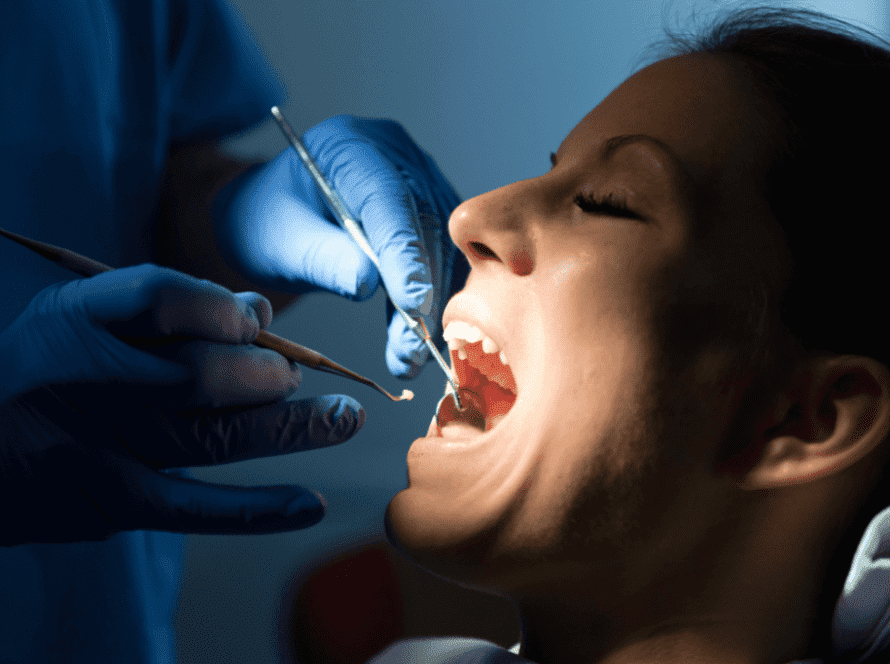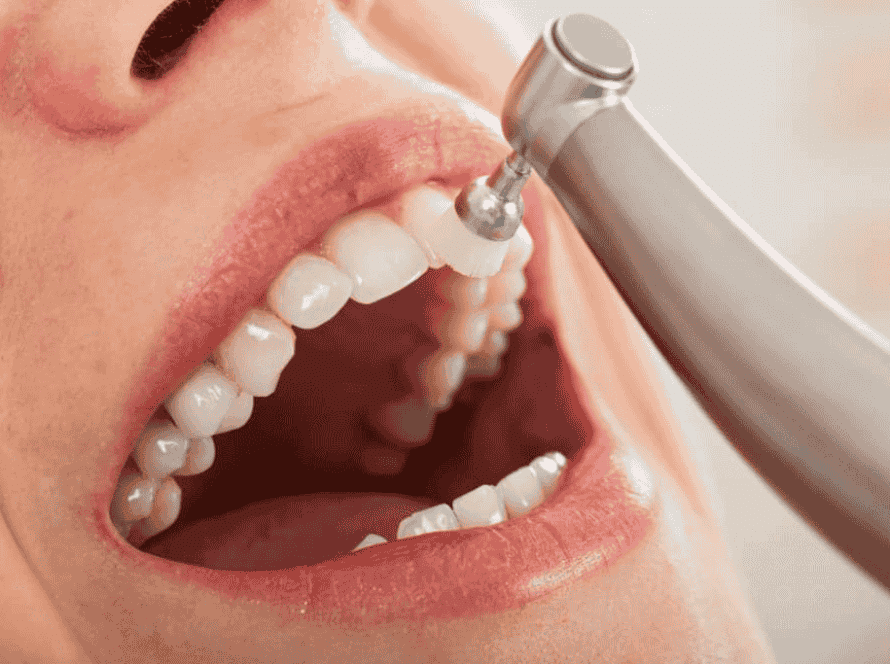Removable dental appliances called dentures are used to replace lost teeth. Dentures come in various forms, including complete, partial, and implant-supported ones. The typical lifespan of a dental prosthetics is seven to ten years, with good upkeep. Removable dental prosthetics called dentures can replace one or both of your lower or upper jaw’s lost teeth. Dental technicians create dentures using porcelain, acrylic, resin,, and metal.
Types of dentures
Dentures come in a variety of forms. The best choice for you will depend on your particular oral health needs.
Full dentures
This device, sometimes known as a complete denture, acts as a substitute if you are missing teeth in the entire dental arch or jaw. A complete dental prosthetic is supported by the lower jawbone ridge for the lower jaw and the palate or roof of your mouth for the upper jaw. The prosthetic sits on top of your gums. If your dentures feel loose or if they get loose with time, you might need to apply denture adhesive to secure them in place. When you think of traditional dentures, you probably think of full dentures. They are made up of a base that is gum-colored and has artificial acrylic teeth.
Individuals who have dental prosthetics typically remove them at night to clean and relax their gums.
Partial dentures
Partial dentures could be possible if you miss most but not all teeth in one or both jaws. Similar to complete dental prosthetics, partial dentures also depend on the support of your gums and underlying bone. However, partial dentures also feature unique clasps that slide around your surviving natural teeth, offering even more stability.
Immediate dentures
Some people may need to have teeth extracted before they can wear dentures. You can put on an instant dental prosthetics as soon as your extractions are complete.
Immediate dentures are occasionally transient appliances. Your dentist will replace them with your final dental prosthetics after you’ve healed. In certain instances, you might be able to use your final denture immediately following surgery. What to anticipate in your case can be discussed with your dentist.
Implant-supported dentures or Overdentures
Implant-retained dentures are attached to dental implants rather than the ridge of your jaw and gums. Dental implants are tiny, threaded posts that replace the roots of missing teeth surgically inserted into your jawbone.
Implant-retained dentures are removable, just like conventional dentures. At night, you take them outside to clean and soak.
Because implant-retained dental prosthetics “snap on” to implants inserted into your jaw, they usually provide greater stability than regular dentures. To keep them in your mouth, you won’t require denture glue. They are sometimes referred to as “snap-in dentures” because of this.
Hybrid Screw Retained Dentures
Unlike other types, permanent or hybrid dental prosthetics cannot be removed. Only your dentist can remove these because they don’t pop in and out.
Dentists have recommendations for those who choose hybrid dentures over removable oral appliances.
Why Wear Dentures?
In addition to making a smile with several missing teeth look better, dentures support the tissues surrounding the lips and cheeks, maintaining the integrity of the mouth’s structure. Additionally, dental prosthetics allow you to eat items that need to be chewed, allowing you to maintain your current diet and guarantee that you are getting enough nutrition. Last but not least, dentures might be a good option for replacing teeth with severely damaged or rotting roots that are causing extreme pain and problems for your oral health. When dentures are fitted, problematic teeth are extracted, and sturdy, attractive replacements are inserted.
How are Dentures Made?
A denture must be fabricated in the following steps:
- Obtaining dental impressions. First, impressions of your upper and lower jaws will be taken by your dentist. This covers your gums and any teeth that are still present. Usually, you’ll require a preliminary impression as well as a final impression.
- Constructing a model of your dental arches. Your impressions will be forwarded to a dental lab by your dentist. A dental technician will use your teeth impressions to create a stone model, or replica, of your mouth. They will make your bespoke denture using this model.
- Modifying the denture. Blocks of wax registration are the first step in creating your denture. The dental technician uses these blocks to help guide the placement of the artificial teeth. Next, the technician will construct the foundation of your new denture using a range of materials (such as acrylic, or or porcelain). Lastly, they will affix the prosthetic teeth and make sure the upper and lower teeth fit properly.
- Putting the denture in polish. The technician will create your new denture, polish it to a glossy sheen, and return it to your dentist for fitting.
What happens during a denture fitting?
Your dentist will check the fit of your new dentures by placing them in your mouth. They’ll carefully inspect any locations where your gums are being overly pressured and alter your denture as needed.
It’s crucial to understand that getting the right fit typically requires multiple appointments. This is because it will take some time for your mouth’s soft tissues to get used to your dental prosthetic and for us to modify the areas of the denture that need adjustment to fit better.
The Fort Lauderdale Dental & Aesthetic Center in Florida emphasizes a personalized approach, ensuring each patient receives dentures that fit well and look natural at lower prices. The process generally involves multiple visits for fittings and adjustments to achieve the best possible outcome. The premium clinic in my area We also provides maintenance tips to ensure the longevity and comfort of the dentures.





